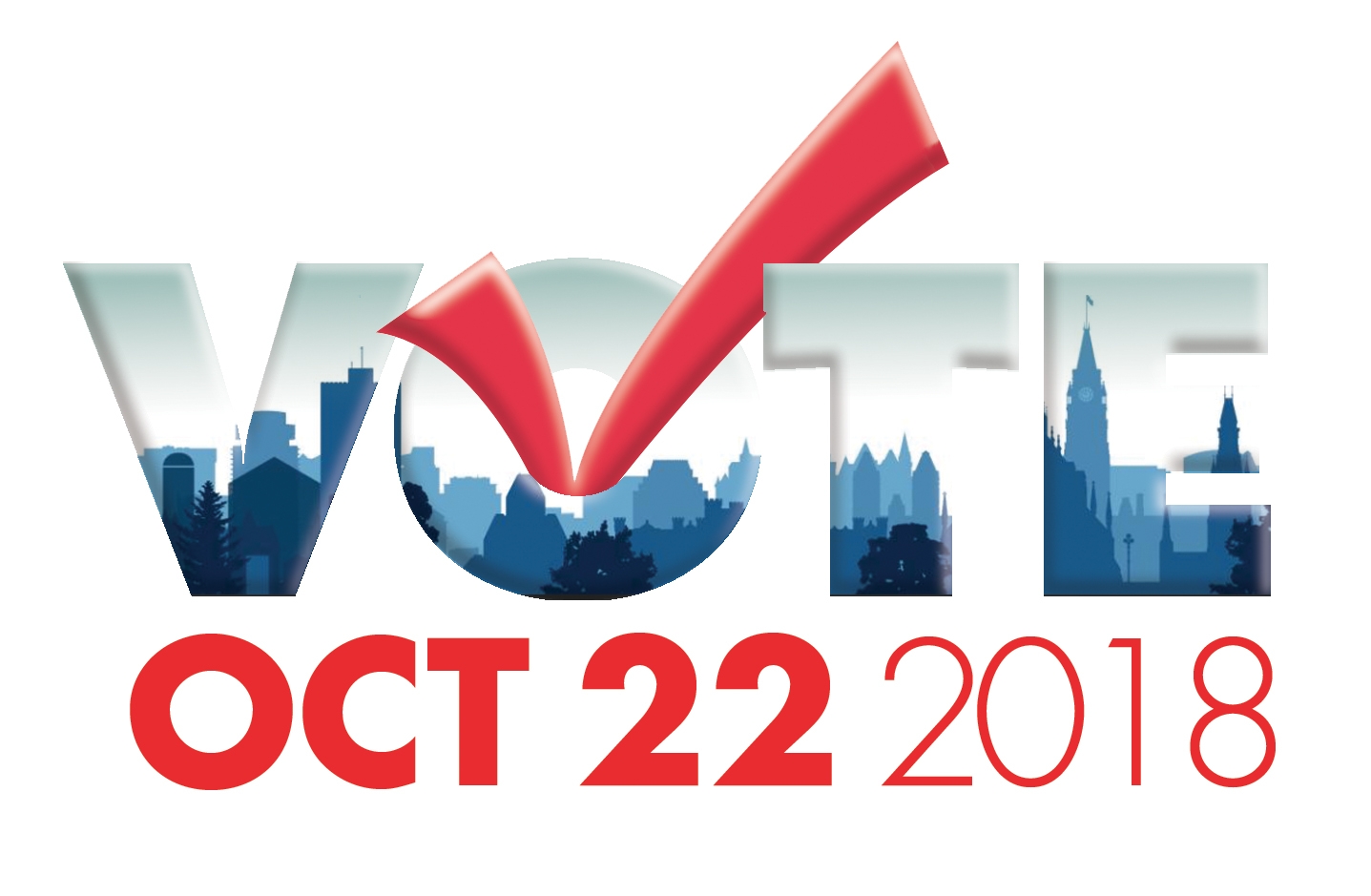
Give Pierre a Chance
With new cabinet responsibilities, Pierre Poilievre has the opportunity to prove his worth
The new minister responsible for the National Capital Commission isn’t without his critics. Pierre Poilievre, who has served as the minister of state for democratic reform since July 2013, has gained what seems like an unending supply of haters in his time in politics, particularly for the rollout of last year’s Bill C-23, the so-called Fair Elections Act, which many critics considered unconstitutional in its initial form.
The MP for Nepean-Carleton is also known for his ability to stick to scripts in the House of Commons and for enraging the opposition in his responses during daily question period. Some may consider this good strategy—stick to the script and you have a lower chance of tripping over your words or messing up, you’re staying on message—while others, many others, see the rote routine of talking points as a negative thing for Canadian politics and doesn’t allow for MPs to think and speak for themselves.
The National Capital Commission is an institution of the federal government, a Crown corporation, according to its website, works to ensure the Capital Region “is a source of national pride and significance.” The minister responsible for the NCC appoints members of the NCC board of directors and oversees the work of the NCC. Poilievre took over in the role from John Baird, former Ottawa West-Nepean MP and foreign affairs minister, after he announced his resignation on Feb. 3 following the news leak of his pending departure the day before.
Poilievre is a devout, devoted and longstanding Conservative, with a history in Alberta’s Conservatives with the likes of Tom Flanagan and Prime Minister Stephen Harper, and is seen as a channel for talking points from the Prime Minister’s Office.
But so was the previous minister in charge of the NCC. Both Baird and Poilievre entered politics at young ages. Both had their fans and their critics—Poilievre likely more on the receiving end of criticism these days. Baird was first elected to Mike Harris’ Ontario government in 1995 and served in provincial politics until 2005. He held a number of portfolios while at Queen’s Park and after entering the federal realm, gained that oh so well known attack dog moniker.
As veteran reporter Don Newman noted in his memoir Welcome to the Broadcast, and columnist Frances Russell pointed out just after Baird’s resignation announcement, Baird was no stranger to channeling talking points from the PMO. Newman described a scene fairly early on in the MP’s career in federal politics in the House of Commons foyer, in which Baird was, “on a repetitive message track obviously worked out with the Prime Minister’s Office.”
Baird did not stay in that role forever, churning out political talking points as other ministers, parliamentary secretaries and backbenchers are to do. Over the course of his time in federal politics, and especially in the role of foreign affairs minister, he made a transition into what many have called a statesman. Some of his work was lauded by opposition benches, while some of it has been decried. But, he was a likable guy on the front benches in the House.
Ottawa is a very politically mixed jurisdiction, with the NDP, the Liberals and Conservatives representing ridings across the National Capital Commission federally and provincially. Factions exist on city council—some are considered progressives, others seen as Liberal supporters and others more along the lines of the Conservatives. In spite of all of this, Baird made the NCC role work. He worked as the minister in charge of the NCC without eruptions of partisan clashes.
And now, with Baird getting out of the political world, Poilievre has been handed much more responsibility. While maintaining his democratic reform portfolio, he’s also the new minister for employment—taking over from Jason Kenney in the cabinet shuffle sparked by Baird’s departure—as well as minister responsible for the NCC. It might be time for Poilievre to learn a thing or two from his Capital Region predecessor.












